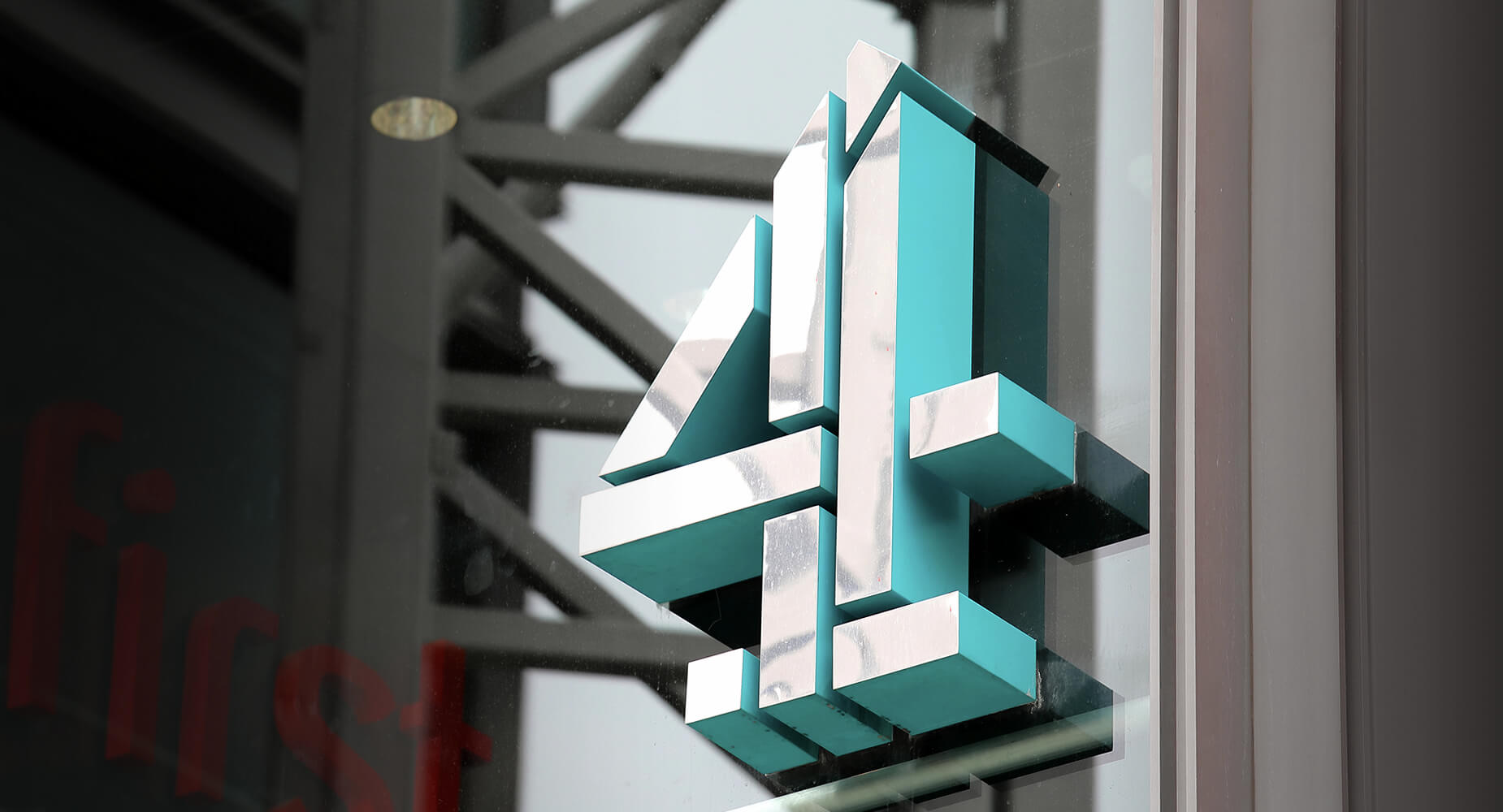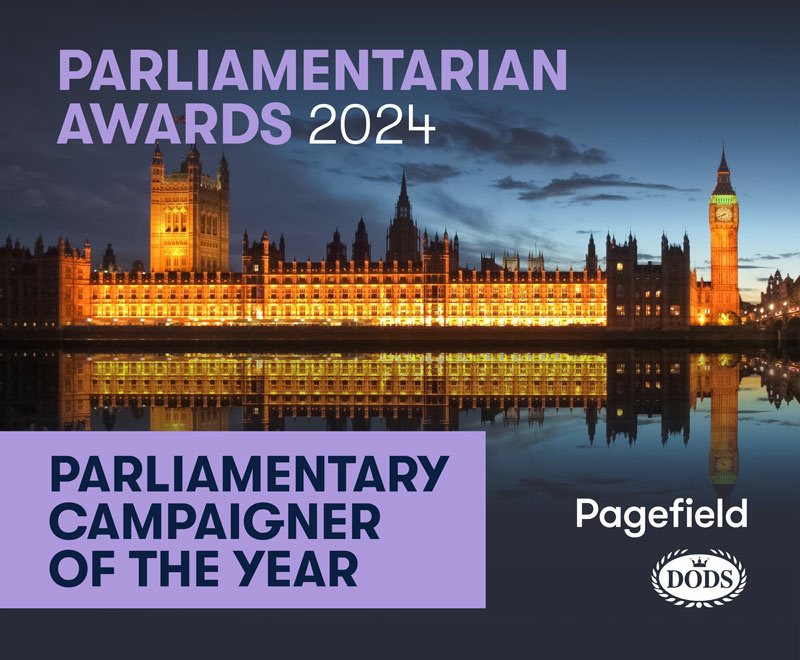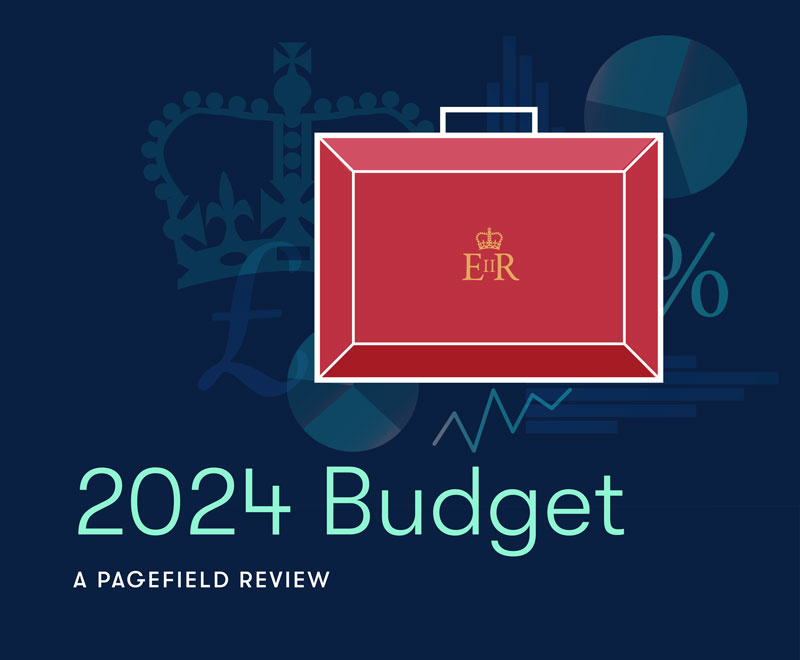In 1980, the Conservative Government passed the Broadcasting Act 1980, which paved the way, two years later, for the establishment of a fourth television service in the UK – Channel 4.
The first programme aired was the iconic ‘Countdown’ and four decades later, the British public finds itself counting down to a new dawn for Channel 4 – one under private ownership.
On 4 April 2022, Culture Secretary Nadine Dorries confirmed the Government would press ahead with plans to sell the broadcaster. This isn’t a new idea: an interest in changing Channel 4’s ownership was seriously entertained during David Cameron’s Premiership but the chances of it actually happening always appeared quite slim, or were overcome by changes to the organisation or remit – until now.
In the face of the ongoing Russia-Ukraine war and a generational cost-of-living crisis, the privatisation of Channel 4 could appear to be out of kilter with the public’s most pressing concerns.
It’s not a decision that’s been made without reason, despite the odd timing. The global broadcasting landscape has changed beyond all recognition since that first episode of ‘Countdown’ aired. Ensuring public service broadcasters (PSBs) are able to compete with the likes of Netflix and Amazon Prime will depend on the sector embracing bold reforms. The case for change is there. But who really supports it?
When the Government published the Broadcasting White Paper, it also published a response to the public consultation on the future of Channel 4. It revealed that 96% of respondents – over 60,000 – rejected the idea of privatisation. However, the Government has chosen to ignore public, political and sectoral opinion, and has confirmed that it will press ahead with its plans. The Government has said that under private ownership, Channel 4 would retain its public service remit, resembling something closer to ITV – a privately-owned, public service broadcaster. So why the outcry?
Since its inception, Channel 4 has developed a reputation as a pioneer in British broadcasting, unphased by a fear of breaking social taboos. Thatcher’s Government created Channel 4 to stimulate the UK’s budding independent production sector, and since then it has continued to serve as a training ground for aspiring writers, directors and actors, and catapulted new Indies to international success.
A change in Channel 4’s ownership doesn’t necessarily mean that this would no longer be the case, but some have argued that opening the broadcaster to foreign investment may bring unforeseen consequences to an institution at the heart of the UK’s cultural economy.
This is an argument that the Labour Party is making, and Labour’s Shadow Culture Secretary Lucy Powell suggested that potential buyers would use the broadcaster to platform their own content, meaning “fewer British-made programmes for British audiences, and fewer British jobs”. Furthermore, analysis published by Ampere in September last year found that up to 60 British TV production companies could face going out of business if Channel 4 was privatised. Conservative MPs are now beginning to ask how this impact aligns with ‘Levelling Up’, raising concerns that without Channel 4, brimming creative economies will suffer.
Privatisation also appears to contradict traditional conservative values. The veteran Conservative MP Damian Green has suggested that the Government has been distinctly un-Conservative in its failure to listen to the voices of small businesses which would be affected by the broadcaster’s privatisation. As he pointed out, “Channel 4 is not broke and does not need fixing in this way”.
Channel 4 is almost entirely funded by advertising. And as a ‘publisher-broadcaster’ it doesn’t produce its own programmes, instead commissioning public service content from the private sector with income raised by selling advertising on its own channels and platforms. Therefore, the Government’s view is that by allowing Channel 4 to raise its own capital and produce its own content, it will no longer be so dependent on linear advertising. This may be true, but are we really to believe that the only choice left is privatisation?
The Government has vowed to place large streaming platforms like Netflix and Amazon Prime on a level-playing field with traditional British broadcasters. Apart from advocating for a tax on online advertising and commercial video-on-demand (VOD) platforms, Channel 4 will need to think creatively if it’s to convince the Government that there’s another way. As the broadcaster desperately fights impending privatisation, it has announced a deal with YouTube to make 1,000 hours of hit shows available on the streaming platform in the widest-ranging commercial deal the Silicon Valley giant has struck with a UK broadcaster. If reducing its dependence on traditional TV advertising is what the Government wants, can we expect to see more deals of a similar nature?
Channel 4 has also published its proposals setting out an alternative to privatisation under the title ‘4: The Next Episode’. Among the proposals are sweeping commitments which in essence would move the broadcaster out of the capital. Commissioning at least 50% of content from outside of London, as well as doubling the number of staff outside the capital from 300 by 2023 to 600 by 2025. The network has even suggested it could sell off its iconic London headquarters. While this might go some way to appease the Government through an attempt to reposition itself as a ‘levelling up broadcaster’, it could also rustle some feathers elsewhere given the London-centric nature of most of its history. Channel 4 will need to tread carefully if it is to retain its broad support base.
The Government’s recognition of sweeping changes to the global broadcasting landscape is welcome. The desire to regulate large streaming companies and protect the public service remit of various British broadcasters is also necessary and equally welcome. But with Channel 4’s performance undeterred from a creative and financial perspective, one cannot help sharing the view of Damian Green – ‘if it ain’t broke, don’t fix it’.




